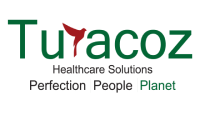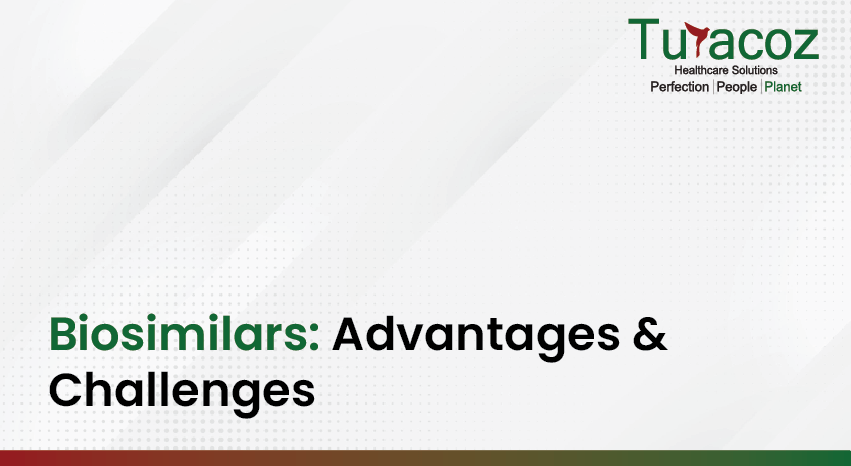Introduction
A biosimilar product, as defined by USFDA, is “a biological product that is highly similar to and has no clinically meaningful differences from an existing FDA-approved reference product.” By 2020, the biosimilar market is expected to reach $15 billion booming market, which is thrice the presentmarket(Ragunadhan 2018).Latest additions to this category of drugs are Hadlima(adalimumab-bwwd), Ruxience (rituximab-pvvr), Zirabev (bevacizumab-bvzr) and Kanjinti (trastuzumab-anns), which were approved on June, 2019(USFDA).
Advantages of Biosimilars
Biosimilars are nowadays gaining significant interest due to the advantages associated with it. They are as follows(Ragunadhan 2018)
- Reduction in cost:Biosimilar drugs are similar to original drugs, produce equivalent clinical outcomes to that of the original biologics but are less expensive (because their development is not associated with some of the costs borne by pharmaceutical companies in the development of reference agents).The reference drug monopoly is broken when multiple biosimilars are introduced in the market.
- Improved patient accessibility: As a number of biosimilar drugs are being launched in the market, and biosimilar drugs are found to reduce the healthcare cost by 40%, more patients can have access tosuch medical innovations at an early stage.
- Incentives for innovation:In the wake of expiring patents on reference drugs, innovative and patentable new biologic products may be necessary to maintain a large market share. This will encourage the pharmaceutical companies to invest more to foster innovation in biosimilar drugs.
Challenges of Biosimilars
Despite the benefits, there are few challenges and issues faced by biosimilar market which are as follows(Ragunadhan 2018, Stenger 2018)

Figure 1: Challenges of Biosimilars
- Education:Mass education is required in healthcare and pharmaceutical industry/patient and prescriber to enlighten them on the benefits of switching to biosimilars.
- Extrapolation issue:“Extrapolation is the process of granting a clinical indication to a medication without its own or new clinical safety and efficacy studies to support that indication”. Guidelines need to be developed to avoid confusion over whether the biosimilar can be used for the off-labelindications also.
- Interchangeability issues:Interchangeability issues ariseas the reference product can be substituted with biosimilar. Though guidelines have been published, there is uncertainty prevalent at the prescriber and pharmacist level.
- Rare diseases:Orphan drugs are developed for rare diseases. Though biosimilars are developed for the same, but there are many obstacles. It is a challenge to obtain sufficient non-heterogeneous population for trials. Also, the cost for developing biosimilars to run batch-to-batch variability studiesis high.
- Approval process:Common challenges faced by biosimilar manufacturers in processing and packaging are the variability in critical quality attributes between the biosimilar drug and the reference drug which requires manufacturer to provide the FDA with adequate proof of clinical safety.
- Post-marketing reporting: As there is no clinical data available, post marketing surveillance is the only tool available to assess the efficacy and safety of biosimilars. However, as the post marketing surveillance process is a herculean task as felt by clinicians, many do not participate in the samedue to time and resource constraints.
Future of biosimilars
There will be a giant leap in biosimilar market in the coming decades(Ragunadhan 2018). As the reference products are nearing their expiry date, the biosimilars market is poised for added growth. Also, it is essential for the professional organizations to provide education and training about biosimilar drugs. This would spread awareness among consumers and healthcare professionals about opportunities and the challenges that these new agents are associated with.
Turacoz Healthcare Solutions, being an active provider of medical communication services, aims to inform people about the advantages and challenges of biosimilars. For any queries, write to us at hello@turacoz.in
References
Ragunadhan, M. (2018). Biosimilars: Benefits, Challenges and Futurehttps://blog.kolabtree.com/biosimilars-benefits-challenges-and-future/.
Stenger, M. (2018). “Opportunities, Issues, and Challenges for Biosimilars in Oncology.” https://www.ascopost.com/issues/july-25-2018/opportunities-issues-and-challenges-for-biosimilars-in-oncology/.
USFDA “Biosimilar Product Information.”






























